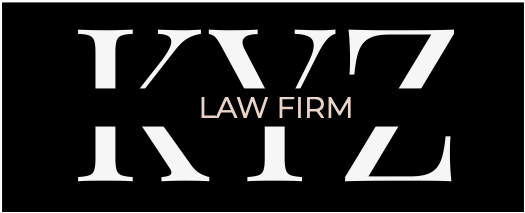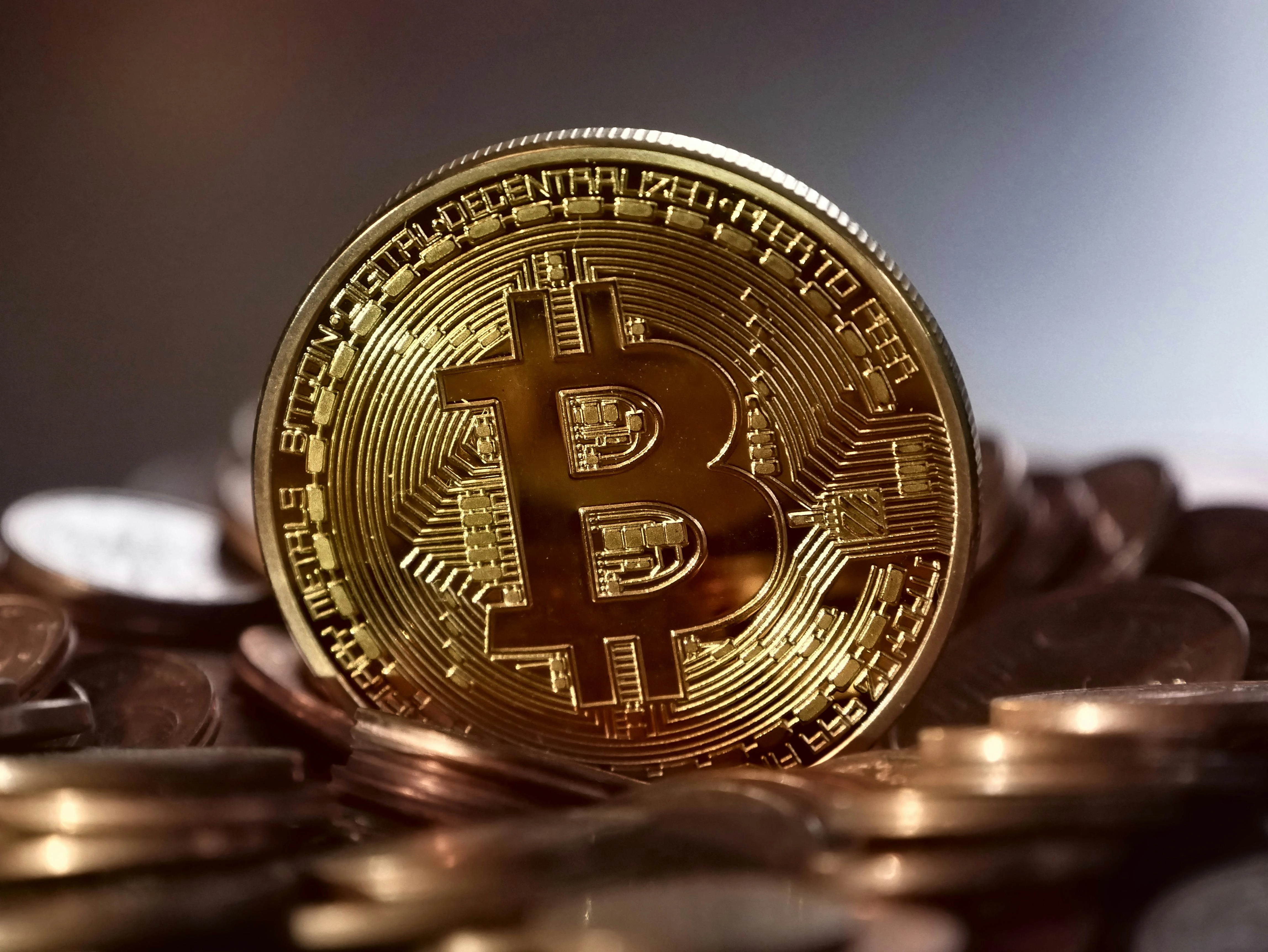Crypto wallets, while offering convenience for digital assets, can be vulnerable to scams. The vast majority of fraud involving cryptocurrency or foreign currency trading, also known as forex, begin on social media or through messaging apps. If someone contacts you out of the blue, or you meet someone online who introduces you to a trading website you’ve never heard of before, chances are it’s a fraud.
Use Crypto Scam Tracker managed by the Department of Financial Protection and Innovation to learn about some of the names used in the scams and the description of their scams. You can file a Complaint on their website as well.
Here are 10 telltale signs an online trading platform is a fraud:
This list is provided by the Commodity Futures Trading Commission’s Office of Customer Education and Outreach (the CFTC).
1. It isn’t registered to trade forex, futures, or options.
2. Trades crypto, but not registered as a money service business.
3. No physical address, it’s clearly fake, or offshore.
4. There is no customer service phone line.
5. The website’s age doesn’t match its claims.
6. The website won’t accept transfers from your bank.
7. Investment returns are based on how much you invest.
8. Broken links, poor spelling, and bad grammar.
9. Winner of so many awards you’ve never heard of.
10. Raving testimonials.
Here are some common types of scams to be aware of:
-
Imposter Websites: Imposter websites are one of the most common reported scams. The companies or websites listed may sound similar to the names of other companies or websites that also operate in the marketplace. When companies or websites (fake or not) have look- or sound-alike names, the potential confusion created for consumers is real. Attempting to take advantage of such confusion is a tactic employed by some bad actors looking to profit from unsuspecting consumers. The best way to avoid falling victim to a phony company or website is to do research on the company before you invest or send money.
-
Phishing Scams: These masquerade as legitimate entities like cryptocurrency exchanges or wallet providers. They might trick you into revealing your private key or seed phrase through fake login pages or emails. Once scammers have this information, they can steal your crypto holdings.
-
Fake Crypto Apps and Websites: Fraudsters create phony mobile apps or websites resembling real cryptocurrency platforms. If you download or interact with these, you might unknowingly give them access to your wallet or login credentials.
-
Giveaway Scams: Social media or online promotions promising free crypto in exchange for a small initial investment or sharing your wallet address are likely scams. Never share your private information or wallet details for such offers.
-
Pump and Dump Schemes: Scammers artificially inflate the price of a new or obscure cryptocurrency through misleading information and hype. They then encourage others to invest, driving the price up, before quickly selling their own holdings, crashing the price and leaving others with worthless tokens.
-
Cloud Mining Scams: These schemes promise high returns for "investing" in remote mining operations. However, they often don't own any real mining equipment and simply pocket your investment.
-
QR Code Scams: Malicious QR codes displayed in public places or online could link to fake websites or phishing attempts that steal your wallet information when scanned.
-
SIM Swapping: In this scam, fraudsters take control of your phone number, potentially allowing them to bypass two-factor authentication and gain access to your crypto wallet.
- Just Like Timeshare Scams: You will recieve an unsolicited request to perform some work as an independent contractor in exchage for payment with cryptocurrency. But before you commence work, you'll be asked to establish a profile with a crypto wallet of their choice, you'll be asked to deposit some money into it to activate it, you'll be asked to keep depositing money into it for various fake reasons before you can start using the app and begin your work.
Here are some tips to protect yourself from crypto wallet scams:
- Never share your private key or seed phrase with anyone. These are like your master passwords and should be kept confidential.
- Double-check website URLs before logging in. A slight misspelling in the address could lead to a phishing site.
- Beware of unsolicited offers and "get rich quick" schemes. If it sounds too good to be true, it probably is.
- Only download crypto wallets from official app stores.
- Enable two-factor authentication on your wallet and exchange accounts.
- Store your private keys securely. Consider using a hardware wallet for added security.
- Stay informed about current crypto scams. Research best practices and stay vigilant.
Lastly, but not any less helpful, we recommend visiting forums like Reddit, and r/CryptoScam in particular, to learn from others' experiences with this topic. This is a good source to helpful up-to-date information on new scams popping up, this is your preventative measure.
By being aware of these common scams and taking appropriate precautions, you can help safeguard your crypto assets and ensure a secure experience in the exciting world of cryptocurrency. Or, you can have us do the due diligence work for you- contact us.


